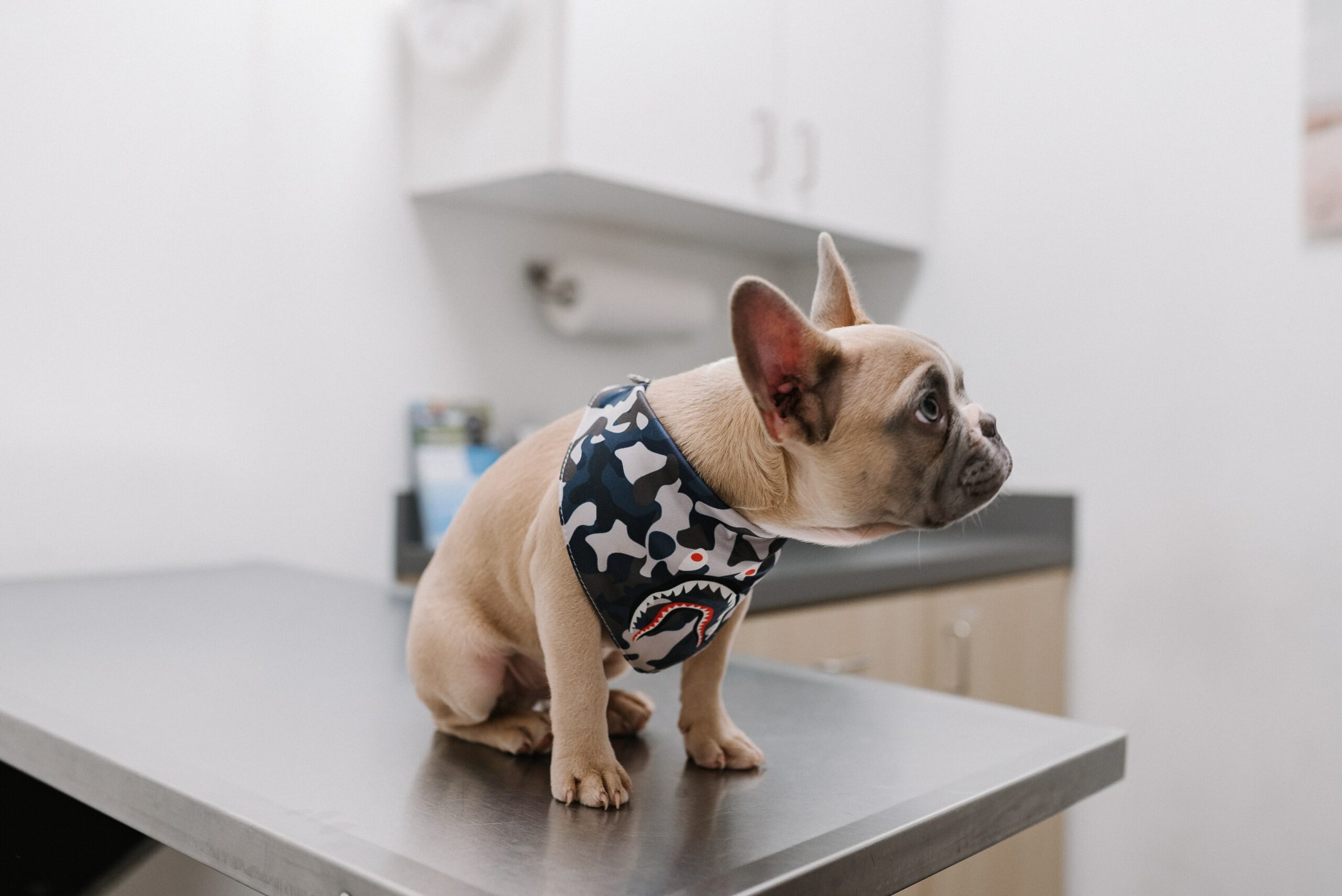When you’re a pet owner, you would do anything to keep them happy and healthy. From feeding and playtime, to grooming and exercise, all of the things we do as pet owners go a long way to ensure they live long and healthy lives.
However, as hard as we might try, there are times when your pet might be involved in an accident or get hurt, and they need emergency care. Unfortunately, animal emergencies can be hard to avoid because pets get into all sorts of things and aren’t necessarily as aware of the dangers, at least not in the same way that humans are.
When your pet does need urgent care from an emergency vet, it’s important to stay calm so you can help your pet. One of the best ways you can stay calm is by knowing what kinds of situations might be emergencies and who can help you when an emergency does arise.
So, today, our friends at the Bundaberg Emergency Animal Hospital have put together some handy information about the different signs of pet emergencies and what you should do if your pet is involved in an emergency.
Keep the following information in mind so that if you’re ever faced with an emergency involving your furry pal you know what to do.
How You Can Tell if Your Pet Needs Emergency Care
Unfortunately, when animals are sick and injured, they do their very best to hide it from us. This is part of their natural behaviour as they instinctively want to protect themselves from potential predators. So, it’s not always easy to see when your pet is unwell.
Here are some of the obvious and not-so-obvious signs that your pet might need emergency care:
- Cuts
- Open Wounds
- Bleeding
- Excessive Vomiting
- Excessive Diarrhea
- Lethargy
- Seizures
- Rapid breathing
- Slowed breathing
- Choking
- Swallowing foreign objects
- Swallowing toxins
- High temperatures
- Lack or loss of appetite
- Bloating
- Limping
- Broken bones
- Animal attacks or fights
- If they have been involved in any sort of trauma, fall or car accident
- Excessive discharge from eyes, nose or mouth
While some of these signs are more obvious than others, it’s important to observe your pet and learn their behaviours so you can keep an eye out for any changes. Even subtle changes, like not drinking as much water or eating as much can be a sign that something is wrong.
If you do notice any of the above, the first thing you should do is call your emergency vet.
What should you do when your pet is involved in an emergency?
The first thing to do is to remain calm. Pets pick up on their master’s behaviour and mood, so if you’re stressed, it can make them feel stressed as well. The next thing you need to do is call your emergency vet clinic. We know that you’re probably wanting to rush out the door and get your pet to the clinic as soon as possible, but you could cause them pain or further problems.
The emergency vet should be able to provide you with advice based on the information you provide them. You might be able to administer care to your pet and not actually have to take them in to see the vet. Or they may be able to provide advice about how to safely transport your pet.
Is there a difference between a normal vet clinic and an emergency vet?
While most veterinary clinics can help take care of your pet in almost any situation, an emergency vet exists to be able to provide care for your pet when they need care urgently. A normal vet clinic is there for when your pet needs check-ups, vaccinations and planned procedures.
An emergency vet clinic may have different facilities to a standard vet as well, to be able to manage the various emergencies that can arise. They may have high quality surgical facilities and diagnostics equipment.
You also do not need an appointment for an emergency vet. It is a good idea to call them if you can before you come in, but generally they will see animals based on the severity of the emergency. Whereas with a normal vet clinic, you do need an appointment to have your pet see the vet.
An emergency vet clinic is usually open at all hours of the day as well, because emergencies don’t sleep! A standard veterinary clinic will usually be open regular business hours, possibly a little longer.
If you’re a pet parent, make sure you keep this information in mind so you’re prepared for any emergency situation.
photo cred; https://unsplash.com/photos/uy5l-VJ8dRM
Love our content? Share it with a friend or link it to social media. Like short clips of cute household pets? Training tips? Follow us on instagram @nydognanny or on YouTube at nydognanny. Have some news you needs to get to dog and cat parents stat? Email info@newyorkdognanny.com with your article pitch.




